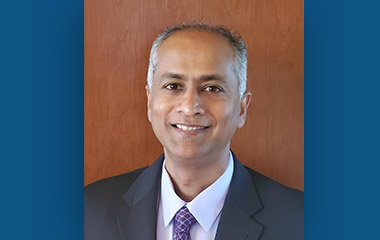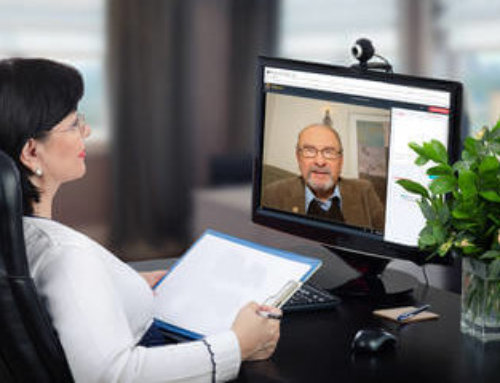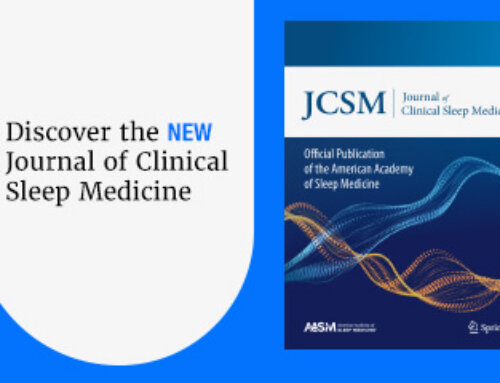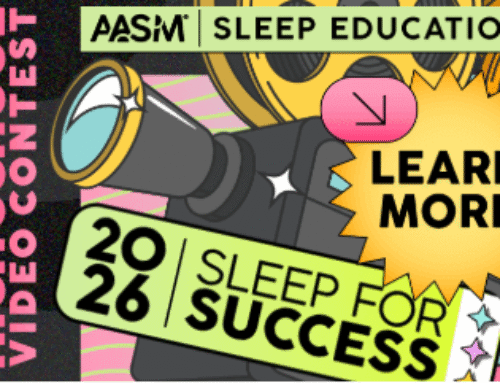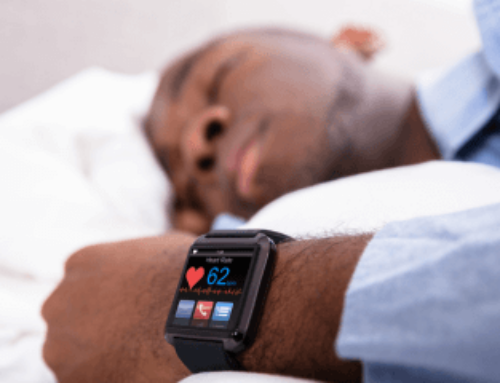As I see the rapid, evolving changes in the field of sleep medicine, I am reminded about my grandfather’s advice. We were in a remote town in India, and he used to give me a ride to school on his bicycle. There were occasions when a vehicle zoomed by, almost knocking us off the path. He used these incidents to remind me of the fast-paced changes happening in remote areas in India due to the increasing use of automobiles, explaining how important it was to get on board with these ‘fast-moving’ vehicles so that we could have a smooth and efficient ride rather than being knocked off the path. The significant, ongoing disruptions in our field remind me of my grandfather’s advice; we need to be early adopters and get inside the vehicle of disruption for a smooth and efficient ride to our destination rather than being bystanders who are pushed to the side.
To prepare and educate our members on these disruptions, the AASM recently conducted the second Sleep Medicine Disruptors course at no cost for our members. Dr. Azizi Sexias did a fabulous job in moderating and speaking at this important course, with impressive support from our AASM staff, particularly Becky Svientek, Jordana Money, and Jennifer Ver Huel. This course had inspiring speakers who provided a vision of what sleep medicine would be like in the near future, describing how to best get there using the current disruptions and technological advances. The importance of developing a growth mindset to adapt to these changes, and what we need to do move from a fixed mindset to a growth mindset, was excellently articulated by Dr. Jill Klein. The course was recorded, and I would encourage everyone to watch these presentations by these inspiring speakers. AASM members who missed the course can gain free access to the on-demand recordings when you register by March 31. You also have time to register by April 1 for our new Change Agents competition, which gives you an opportunity to propose how obstructive sleep apnea should be diagnosed and managed in the future. Embracing and adopting these disruptions will allow us to go further in providing high quality, safe, and affordable care to our patients.
The AASM is proactively taking steps to continue to be a leader with these rapidly evolving disruptions. I am excited to say that the academy is partnering with Google to share evidence-based recommendations and sleep tips with consumers through the new Sleep Sensing feature available on the second-generation Nest Hub. Similarly, the AASM is developing a two-year pilot certification program for artificial intelligence/auto-scoring software packages for sleep studies. Auto-scored records will be compared to the same records scored by humans to validate the software’s accuracy. These are important steps for the academy in embracing disruptions with a growth mindset to be in the forefront on the path to the future of sleep medicine.
Kannan Ramar, MD
President
kramar@aasm.org

